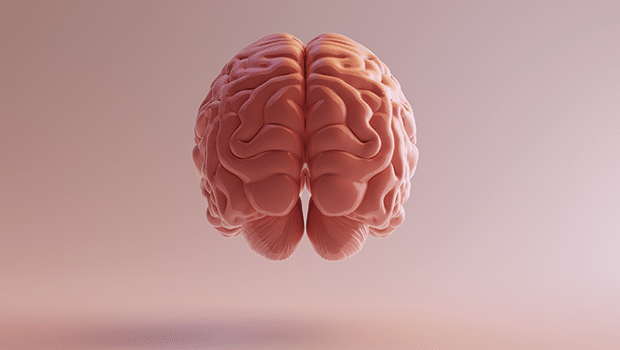Food for the Brain Foundation, the not-for-profit charity dedicated to raising awareness of the importance of nutrition for optimal cognitive and mental health, has announced the creation of the Alzheimer’s Prevention Expert Group (APEG), a collaboration of top world experts in aspects relating to the prevention of cognitive decline.
Chaired by Patrick Holford, Founder of Food for the Brain Foundation, the group consists of twenty-four experts, including Professor Michael Crawford from Imperial College London, Associate Professor David Perlmutter MD from the University of Miami Miller School of Medicine, and Dr. Uma Naidoo from Harvard Medical School, specialising in nutritional, lifestyle, and metabolic psychiatry.

The voluntary group of scientists has published their first release:
Are blood tests for Alzheimer’s a “misguided waste of money”?
You may have heard of a search for new tests to find those most likely to get Alzheimer’s disease? But is this misdirected?
Perhaps so, according to the Alzheimer’s Prevention Expert Group (APEG) – a collaboration of top UK, American and Chinese academics who consider this to be “..a misguided waste of money”.
Controversially, their stance challenges the major thrust of charities such as Alzheimer’s Research (ARUK), which strongly supports search for a reliable test for the disease.
APEG explains that there is already a widely used way to spot failing memory and thinking skills – hallmarks for dementia and Alzheimer’s. These include a neuropsychological test battery (NTB) and a Cognitive Function Test (CFT). Both are routinely used in memory clinics to diagnose mild cognitive impairment and support the diagnosis of dementia.
Over the last decade the charity foodforthebrain.org has used the CFT to find people at risk and advise them how to reduce their risk with simple dietary and lifestyle changes. They have already tested nearly half a million people to date!
When does Cognitive Decline begin?
Cognitive function declines steadily from the age of 18. This means that it is possible to spot individuals whose cognitive function is dropping off faster than the average, giving time to encourage preventative actions with personalised advice on their diet and lifestyle changes.
Alzheimer’s, which makes up two-thirds of dementia cases, involves the shrinking of certain areas of the brain as neurons die off. It can be detected with a specialised brain scan several years before a diagnosis. These ‘PET’ scans can be used to diagnose Alzheimer’s and/or vascular dementia. The trouble is that such scans are expensive and not likely performed early enough to discover those ‘at risk’.
Read the rest of the article here, or find out more at Food for the Brain.












